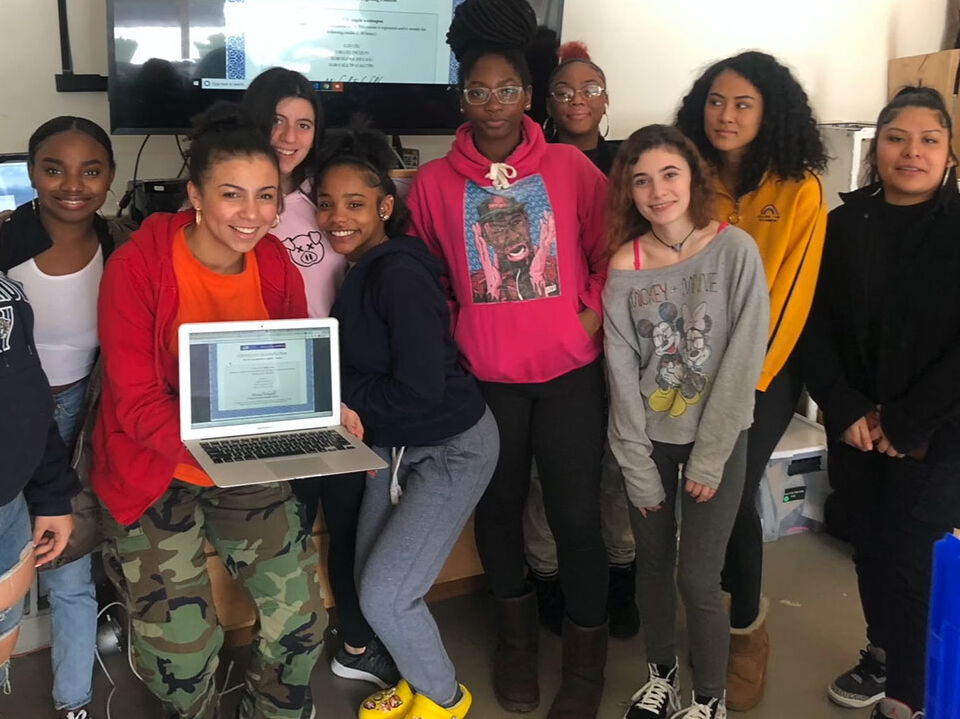Google Automated Buildings Diversity Lab for NYC
- September 5, 2022
- William Payne

Google is partnering with Washington DC based non-profit Stack+Joules to transform New York’s Lower Eastside Girls Club building into a living laboratory. The two organisations will transform the 40,000 square foot space into a Diversity in Automated Buildings Laboratory (DAB Lab). Women who are out-of-school and out-of-work will receive free hands-on training in cutting edge building automation systems (BAS) and will have access to direct placements into paid internships and jobs.
Since 1996, the Lower Eastside Girls Club (LESGC) has been providing free community-based programming and services for young women aged 10-23. The DAB Lab is being claimed as the world’s first and only dedicated building automation learning facility entirely focused on training women for the workforce.
“We are thrilled to be partnering with Stacks+Joules not only to meet a highly motivated group of people finding their ways in the BAS industry, but also to help incorporate a data-centric approach to the curriculum,” said Sabine Lam, Workplace Tech & Data lead at Google. “The industry is starving for a diverse workforce and ready to embrace change. It’s incredibly rewarding to play a key role in the transition to a digitised workplace while addressing challenging environmental and social goals and supporting the next generation of talented female youth.”
As part of the larger automation industry, the hardware, software, and job-specific competencies essential for success in the BAS industry are advanced and rapidly evolving. This upgrade will give students access to be trained on these emerging technologies that are critical to success.
“As the nation faces the carbon reduction goals targeted to address climate change, it is clear that there is a lack of workforce for green energy jobs,” said J Michael Conway, Founder and Executive Director of Stacks+Joules. “Furthermore, there is a disparity of female representation in the space and we’re proud to help bridge the gap and provide access and training on these critical technologies that are necessary to help women in this field succeed.”
Funded with $400,000 from Google, the project is set to run over the next three years.




